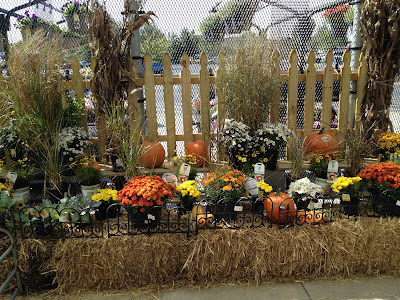Rolling Stores were common in the rural South in the early
20th century. These box-type vehicles, often reconfigured buses,
provided a useful service to families without access to stores in town.
 |
| A typical Rolling Store. Photo credit: Wikipedia |
Most people referred to these Rolling Stores as “The Peddler.”
In most, if not all cases, they were owned and operated by a store in a nearby
community. There were two that operated in this area: Carlocks Rolling Store and McMeans Rolling Store, both of which operated stores in our nearest town.
The Peddler had specific routes for each day of the week, so
you always knew when he’d be by your house. The supplies he carried were
limited to staple items: flour, sugar, coffee, baking powder, soap, tobacco,
snuff, thread and bolts of fabric used for sewing. I think bananas and apples, and perhaps oranges around Christmas, were available. I remember that the big
galvanized tubs and brooms and mops were mounted to the exterior of the
vehicle.
 |
| Photo credit: Wikimedia |
The Rolling Store featured a special section where chicken
coops were installed and their purpose was to store the fowl taken in trade.
Eggs also could be exchanged for needed goods.
My cousin loves to tell the
story of how once, when five or six of us were visiting our grandmother, each was
given an egg to trade for candy with the Peddler. As she tells it, we were
running toward the Rolling Store as he approached and I fell down and
broke my egg. I began to cry, and to appease me, she gave me her egg. I don’t
know if she returned to the house for another egg for herself but I hope she
did! Thanking her after all these years for humoring her younger cousin!
My mother’s father owned a little store near their house and
also had a Rolling Store beginning in the early 1920s. She remembers
occasionally being allowed to accompany him on Saturdays to the nearest town to
sell the eggs and chickens he’d collected during the week, as well as to replenish
his store stock. One of my uncles operated the Rolling Store for his father, first
via horse and wagon and later in a motor vehicle.
Sometimes the Peddler’s merchandise was sketchy, and there
was a story my grandmother used to tell of bringing out a chicken to the
Peddler one day and asking to trade it for a bag of sugar. “I’m sorry, ma’am, I
don’t have any sugar today.” Then she told him she’d take cocoa instead and
again he said he didn't have any of that today. “Well, just give me two spools
of thread,” to which he shook his head and replied that he didn't have any
thread either. “Alright, just give me
some candy for the children,” she said. “Sorry, but I’m all out of candy.”
“Well, in that case just open the coop and let the chicken
go,” she said.
We would laugh so hard when she told that story!
We would laugh so hard when she told that story!
I believe Rolling Stores had disappeared by the mid-to-late
1950s. By that time, people were more well-to-do and had available
transportation to visit the stores.
But I’m glad I got to experience this little piece of rural
history.
How about you? Did you live in an area that had Rolling Stores? If you're not old enough, have you read about them?














































